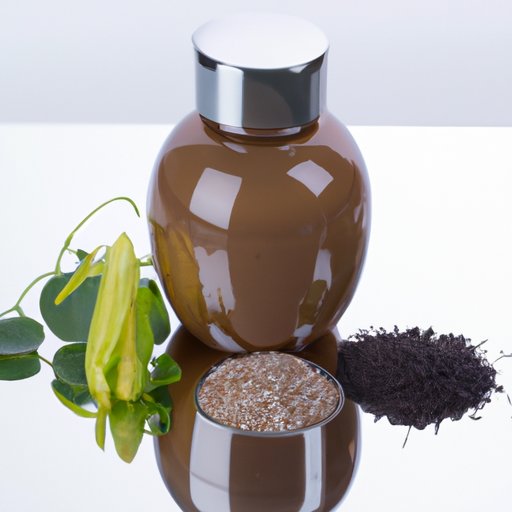
I. Introduction
Constipation is a common condition that affects millions of people worldwide. It can be caused by a variety of factors, including a lack of fiber, dehydration, stress, and certain medical conditions. Symptoms of constipation include infrequent bowel movements, difficulty passing stools, and discomfort in the abdominal area. Constipation can have a significant impact on daily life, and identifying the root cause is crucial for finding relief.
II. Surprising Foods That Can Help with Constipation
One of the most effective ways to combat constipation is to eat a diet rich in fiber and nutrients. Some high fiber foods, such as oats, barley, and flaxseeds, can help regulate digestion and promote regular bowel movements. Fruits and vegetables, such as berries, apples, prunes, and leafy greens, can also help increase stool bulk and soften stools. Other food options that contain natural laxatives, such as coffee and castor oil, can also help relieve constipation.
III. Boosting Fluid Intake for Regular Bowel Movements
Staying hydrated is essential for maintaining regular bowel movements. Aim to drink at least eight glasses of water per day, and incorporate other fluids such as herbal teas and low-fat milk. Drinking warm liquids, such as herbal tea, can also help stimulate bowel movements. Additionally, certain foods with high water content, such as watermelon and cucumbers, can also help boost fluid intake.
IV. The Benefits of Probiotics for a Healthy Gut and Smooth Digestion
Probiotics are live bacteria and yeasts that are beneficial for gut health. Incorporating probiotics into your diet can help improve digestion and regulate bowel movements. Foods that contain probiotics include yogurt, kefir, and fermented vegetables like kimchi. You may also take probiotic supplements to achieve the desired results.
V. Take a Walk – How Gentle Exercise Can Get Things Moving
Moderate exercise can also help stimulate digestion and relieve constipation. Any physical activity that gets your heart rate and breathing up can aid digestion. Some activities, such as brisk walking or yoga, may be particularly effective for promoting bowel movements. However, it is not advisable to exercise when experiencing severe abdominal pain, bloating, or nausea.
VI. Soothing Stress – How Relaxation Techniques Can Help Ease Constipation
Stress can significantly impact digestive function and contribute to constipation, among other issues. Relaxation techniques like deep breathing, meditation, and yoga can help alleviate stress and promote regular bowel movements. Getting enough sleep plays an essential role in reducing stress and improving digestion.
VII. When to Seek Medical Help for Constipation – Signs and Symptoms to Watch For
VIII. Natural Remedies for Constipation – How Herbal Supplements and Oils Can Help
Alternative and natural remedies for constipation include herbal supplements and essential oils. Herbal supplements, such as senna, psyllium, and aloe vera, can help promote regular bowel movements. Essential oils, such as ginger, peppermint, and lavender, can also be beneficial for digestion. However, always check with your healthcare provider before trying any herbal supplements or essential oils.
IX. Conclusion
Constipation can be frustrating and uncomfortable, but there are many ways to find relief and promote regular bowel movements. Changing your diet, staying hydrated, and incorporating gentle exercise and relaxation techniques into your daily routine can go a long way in improving digestive function. If you experience severe or chronic symptoms, it is essential to speak with your healthcare provider about possible medical interventions to help you achieve comfort and optimal bowel health in the long run.





